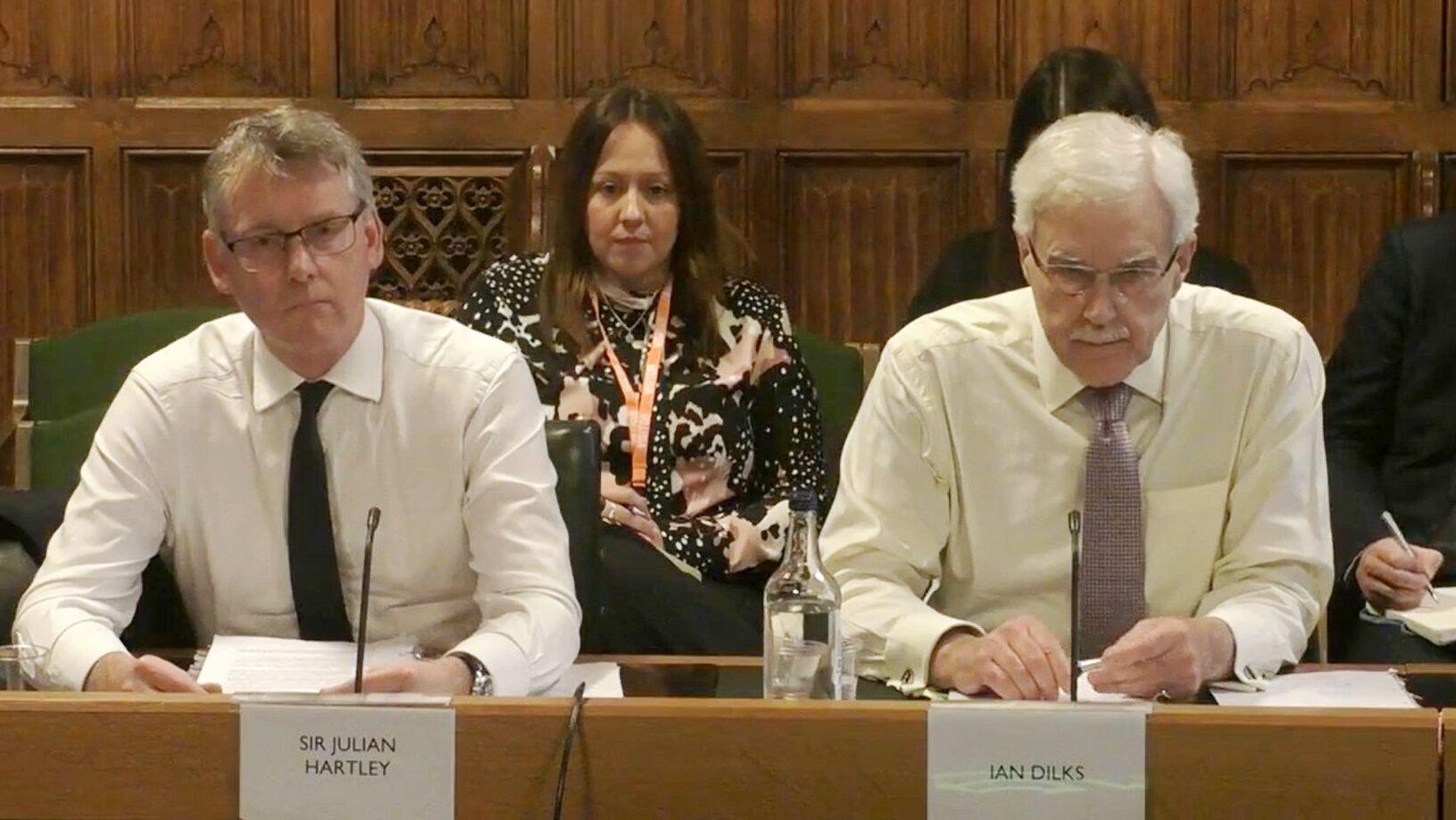Towards a rep-led union
Rhys McKenzie reports on MiP’s first ever Reps’ Day, and explains how MiP’s growing network of workplace reps supports members and boosts the union’s membership and influence.

MiP’s first ever Reps Day in March was a great opportunity for reps to meet in person with their peers, the national committee and MiP staff, and a great way for the union to say thank you for all their incredible work in the past year.
After a dinner and drinks reception the night before, our conference agenda kicked off with sessions on dealing with consultations and negotiating policies with employers. These sessions were full of valuable information and led by reps with experience of handling negotiations in their workplaces.
The sessions were especially timely, as many MiP members have been going through major change programmes and looking to their reps for support on how to respond to the numerous consultations involved. With Integrated Care Boards – barely a year into their statutory life – next on the government’s ‘efficiency’ chopping block, expect further reorganisations to follow the mergers of national bodies already in progress. Involving reps in change programmes will be vital to saving as many jobs as possible and securing favourable terms for those staff who wish to leave voluntarily.
MiP workplace reps have a key role in negotiating workforce policies with employers, as well ensuring policies are implemented fairly and work for staff. Reps help to ensure the voice of staff is heard when making new policy or scrutinising existing practices. No one understands the issues facing the NHS workforce better than the staff who plan and deliver NHS care.
In the afternoon, MiP chief executive Jon Restell led a briefing session focussed on the latest developments with the NHS pay dispute, as well as MiP and UNISON’s industrial action campaign.
Jon thanked reps for encouraging members to engage with the union’s pay campaign and their help in securing the industrial action mandates needed to get the government to come to the table with an improved pay offer. By speaking with members in their workplaces, reps played a key role in getting the vote over the line in those organisations where mandates were won. Without these efforts, an improved offer from government would never have been forthcoming.
In our final session, reps contributed the development of MiP’s new campaign to highlight the true value that managers bring to NHS. The ‘Managing our NHS’ campaign will engage with politicians, media and the public to change ill-informed stereotypes and perceptions of NHS managers. We were delighted to see how our reps engaged with the campaign concept: their suggestions and ideas were key to developing the campaign, and its success will rely on their support in future.
MiP’s rep network has grown rapidly in the last two years. The Reps Day will now be an annual event and we’re exploring other ways of getting reps together throughout the year, either for learning and development opportunities, feeding into MiP policy and campaign work, or just to socialise and meet up with each other.
Learn more about MiP reps
If you’d like to take that next step in supporting your colleagues and your union, now’s the time to become a workplace rep. To give you an idea of what’s involved, here’s an outline of the contribution MiP workplace reps make and what you can expect if become one.

What do reps do?
Workplace representatives play a pivotal role in any trade union. They’re often the first port of call for any member experiencing workplace problems and their knowledge and insight is vital for our understanding of local employment issues. Growing our network of reps has been a priority for MiP for some time and we’ve been blown away by the level of engagement from members taking that next step in supporting their colleagues.
We’re building towards being a rep-led union, where there is an MiP rep in every workplace where we have members. This would enhance the support we can offer and allow us to respond more effectively to local issues. Workplaces with a high density of union reps are more likely to have higher pay, higher staff retention and better terms and conditions overall.
It’s not just staff who benefit from reps—employers do too. Staff with local union reps are less likely to be dismissed than those without. Staff facing issues at work are also less likely to quit their jobs if they have reps working with them and their employer to resolve issues. Both these factors mean employers can benefit from lower staff turnover and fewer vacancies, reducing the costs associated with recruiting new staff. Research by the University of Leeds and the TUC found that these factors combined save public sector employers around £80 million each year.
With unprecedented staff shortages throughout the NHS, reps can make a big contribution to improving staff retention. Reps are good for staff, employers and patients.
Partnership working
The NHS has a proud tradition of partnership working, ensuring employees are in the room with employers and government, having their say on policies that affect the workforce. With ministers constantly imposing major reorganisations on the NHS, the social partnership model is vital to ensure staff are fairly consulted and protected during change programmes.
But partnership working extends beyond organisational change. Our reps also sit on policy groups at local levels, scrutinising existing practices and making them work better for their colleagues. Regular meetings between employers and staff representatives mean workplace problems can be addressed early and collectively. They help put procedures in place that benefit all staff and lead to more efficient working.
“Most people understand that reps will support colleagues with employment issues, working alongside our national officers to offer advice and representation to members. But their role is much deeper than that,” explains Rebecca Hall, MiP’s national organiser. “We have reps leading MiP’s response to staff consultations, analysing workforce policies and procedures, negotiating with employers and ensuring staff voice is not lost in major change programmes. They are also MiP’s representatives on various committees, partnership forums and policy groups.”
Our reps network

“We have more trained reps than ever before,” Rebecca adds. “This allows us to have more influence on the issues that affect members each day and gives members access to advice and support from their peers.”
Although she is proud of MiP’s growing reps network – especially as recruiting reps is traditionally harder for management unions – Rebecca wants to go further and get even more members involved. “It’s great we have more reps than ever before, and that is largely driven by reps who are engaging with their colleagues at work and showing what a difference they can make in the workplace. But we’re always encouraging more people to come forward, to get involved and make the union stronger for everyone.”
For members who are interested in getting more involved, MiP offers full training through online courses working other aspiring reps. Ongoing support is then provided by MiP organisers, national officers and some of our more experienced reps.
If you’re interested in joining MiP’s network of workplace representatives please get in touch with us (info@miphealth.org.uk). We’d love to hear from you.
- Rhys McKenzie is MiP’s communications officer.
Related News
-

Regulating the managers: more questions than answers
The Labour government’s plans for regulating NHS managers are still shrouded in mystery, and the three options on the table each have their pros and cons. Rhys McKenzie weighs up the choices and gauges the views of MiP members on the best way forward.
-

The inspector falls: why the CQC needs a fresh start
After years of chaos, the Care Quality Commission urgently needs to rebuild trust and credibility with the public and the services it regulates. What needs to change and what are the priorities for new boss Sir Julian Hartley? Alison Moore reports.
-

Voice, value and vision: what analysts need from the NHS
Data analysts play a vital role in an NHS which is increasingly data-driven and focused on public health trends. But the NHS faces fierce competition for skilled analysts and many feel the health service fails to value them or fully use their talents. Alison Moore reports.